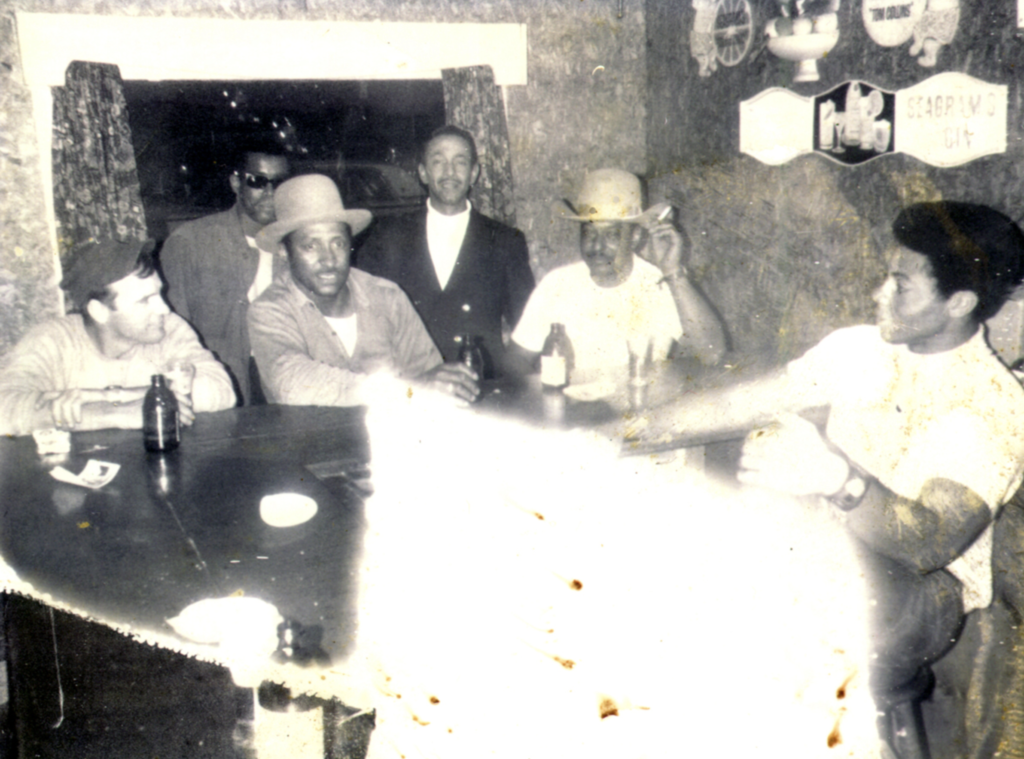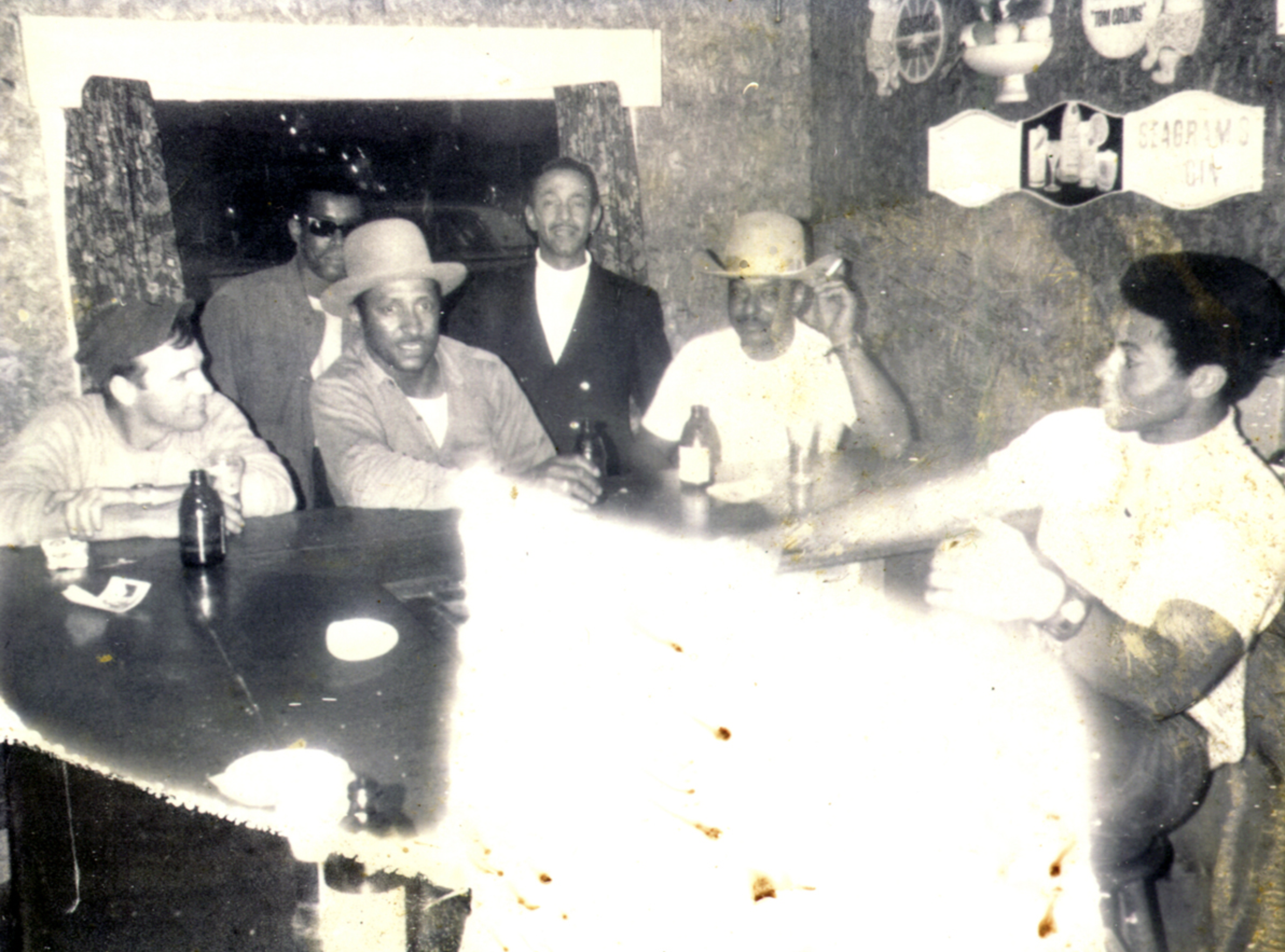The History of the Chicken Box on Nantucket
It may be surprising to learn that the “black Colonel Sanders of Nantucket” was originally from Kentucky. Born on November 10, 1914, William “Willie” House was the seventh of nine children in an African-American family. Little is known about his childhood, but he was described later as being a “country boy” who spoke in a slow drawl.
House married a home economics teacher from Georgia named Lena Day, and moved to New York City to work as a chauffeur for an executive at S.S. Pierce & Company. Day found work in several different areas of the state government, including the Department of Parks, Department of Hospital, and Welfare (now Roosevelt) Island. During the summer months, House and a small staff would accompany his employer to Nantucket; it is unclear if, or for how long, Day joined her husband on the island each year.
In the early- to mid-twentieth century, Nantucket’s summer population had a substantial African-American demographic, due in no small part to the wealthy white families who brought their domestic staff with them on vacation. The overwhelming majority of these workers were black, and lived with the families they worked for on the island. A typical weekly schedule allowed them Thursdays and half-Sundays for leisure, but there was little for them to do. When weather allowed, common hangouts were the benches along Main Street and the “colored beach” at the end of Francis Street.
While Day earned her bachelor’s degree in Home Economics from the Tuskegee Institute in 1948, House bought a large parcel of land along then-empty Pleasant Street and renovated a small shack into a restaurant he called the Chicken Box. Named for his signature honey-fried chicken, the Chicken Box opened in 1949 as a gathering place for African-American Nantucketers. Serving classic Southern comfort food, House drew a large enough crowd that he moved to Nantucket permanently and in 1951 applied for a liquor license. According to an island rumor, however, town leaders were reluctant to issue one until House beat them in a winter poker game.

As the Chicken Box grew even more popular with the addition of a bar, House began hiring new, up-and-coming jazz and blues musicians to perform in the summer, taking advantage of his connections back in New York City, and the restaurant became home to an annual fashion show that consistently filled the building to capacity. By 1959, after ten years in operation, the Chicken Box was well on its way to becoming the Nantucket institution it is today. During this same time, House’s wife was still in New York, earning a master’s degree in Home and Family Life, Home Economics, and Education from Columbia University and teaching at Cooper Junior High School in New York City.
By the early 1970s, House’s health began to decline and loyal customers and friends helped run the restaurant. In 1977, at the age of 63, House retired, selling “The Box” to Robert “Cap’n Seaweed” Reed. Willie House died in 1995 at the age of 80 and was buried in Newtown Cemetery less than 800 feet away from the Chicken Box.
Committed to preserving House’s legacy, the new owner kept the restaurant the same as it had always been, with one key difference. Reed is credited with introducing reggae music to Nantucket by hiring reggae musicians to play at the Chicken Box, though he always stipulated that they played “danceable,” inoffensive music that customers would enjoy. At some point in the history of the business, it stopped being a restaurant, and became the concert venue it is known as today. In 2000, after 23 years of ownership, Reed sold the Chicken Box to its current owners, three former Box employees: Thomas “Packy” Norton, John Jordin, and Anthony “Rocky” Fox. Rather than sell the business to another buyer who had offered more money, Reed valued the former employees’ affiliation with the Chicken Box and their desire to continue its legacy. Two decades later, Norton, Jordin, and Fox remain dedicated to preserving the history of the Box.

